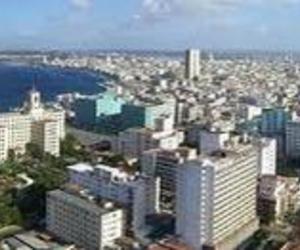Cuba cuts sugar price subsidies
- Submitted by: manso
- Business and Economy
- 02 / 13 / 2011

Cuba's government says it is liberalising the sale of sugar, after decades of subsidising its price.It is the latest step in President Raul Castro's plan to reduce the state's role in the economy and encourage private enterprise.
Cubans will still be able to buy a limited amount of sugar at a subsidised rate with their ration books, but these too are due to be gradually phased out.
Cuba is a major sugar producer, and many Cubans have a very sweet tooth.The state newspaper Juventud Rebelde said sugar would "gradually" be freed from state control and sold in shops and supermarkets where prices are much higher, though it did not say how quickly this would happen.
It said the measure was particularly necessary in the light of economic changes launched by President Castro last September.
Private restaurants
Around a million public sector workers are being laid off and encouraged to find work in the private sector, where rules on setting up small businesses or becoming self-employed have been dramatically liberalised.
Thousands of Cubans have since applied for licenses to set up their own businesses, particularly restaurants, which will consume large amounts of sugar.
"The liberalised sale of sugar, both in its refined and raw variety, is an expected and necessary decision, above all for the successful development of the self-employed sector," Juventud Rebelde reported.
The government has also announced that the price of imported rice - another basic staple in Cuba - is to go up by more than 40%.
The phasing out of food price subsidies will cut costs for the Caribbean government, which decided to reduce the state's almost total control of the economy in response to a severe economic crisis.
On Friday the US-Cuba Trade and Economic Council - based in New York - said US food sales to Cuba fell by 31% in 2010, partly because Cuba was short of foreign exchange to pay for the imports.
Source: www.bbc.co.uk/news/world-latin-america-12441487
Comments